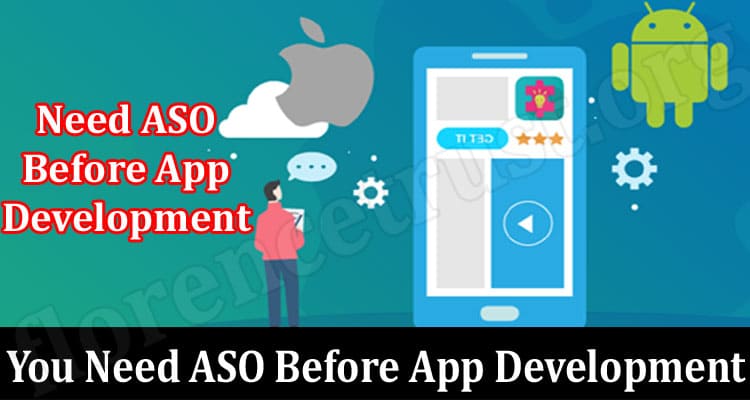ASO Before App Development: Contrary to popular belief, ASO is more than just text optimization that helps an app or game get more organic installations. Among other things, ASO includes working with analytical data, and conducting research, audits, and experiments.
As a rule, developers turn to ASO when they already had to hire app developers, the application is already published in the mobile app store. However, the use of data that can be obtained using ASO even before the start of development helps to set a more accurate vector for the development of the application, reduce risks and increase the likelihood of successful product promotion.
Choosing a Priority Platform for Development
Often, the processes of developing an application on the iOS and Android platforms do not occur in parallel. This approach allows you to first test the solution on one platform and correct possible errors. For this reason, the choice of a priority platform is one of the first questions at the beginning of development.
You can choose based on marketing research, which is conducted using valuable data from analytical services for ASO. For example, the Search Popularity Index reflects the behavior and interests of app store users. The number of applications in the search results for a query shows the competition and demand for products in a niche.
Consider the stages of choosing a priority platform for development.
Collecting the semantic core
At the first stage of research, a semantic core is collected, which describes the future application, and contains the brand queries of competitors. By the time the semantics are collected, it is desirable to approve the main features and functionality, as well as prepare a project passport so that the core is the most complete and accurate.
The semantic core is collected for priority countries or markets where the application is planned to be launched. It should be noted that for the analysis, it is necessary to collect separate semantic cores for the App Store and Google Play. In well-collected semantics, the number of requests, traffic indicators, and even the style of compiling search queries will differ between mobile app stores, because App Store and Google Play users are different audiences with their own behavior and characteristics.
The queries that make up the semantics – or keys – can be peeped from competitors, found in search suggestions, and simply taken out of your head.
Topic popularity rating
Many ASO app analytics services offer indicators that are useful for assessing the popularity of a product niche – the volume of traffic and the number of applications in the search results for a search query.
Data on the amount of traffic will help to estimate the potential number of users interested in the application of the topic under consideration: it is enough just to sum up the indicators by installations. The number of applications in the search results will show the demand of the audience for applications of this kind and competition.
Thus, based on the data received, you can compare the popularity of topics among audiences in the App Store and Google Play. However, it should be noted that in most cases, Google Play will be more profitable in terms of traffic compared to the App Store, because there are 2.5 times fewer iOS users than Android users. At the same time, iOS users are more prone to in-app purchases than Android users.
Analysis of the degree of competition
To analyze competition, it is necessary to divide the semantic core into branded and non-branded queries. Sum up the amount of traffic, and then allocate shares by request type. So, you can understand how difficult it is for a new application to enter a niche and how much traffic it can get from general topics. This also applies to e learning software development services.
Choice of priority platform
Combine the findings to compare entry opportunities with iOS and Android apps in a niche market. To choose a priority platform, answer the following questions:
- Which platform users are most interested in the application of their niche?
- Which mobile app store has the least competition?
- Which platform can get more traffic and profit?


